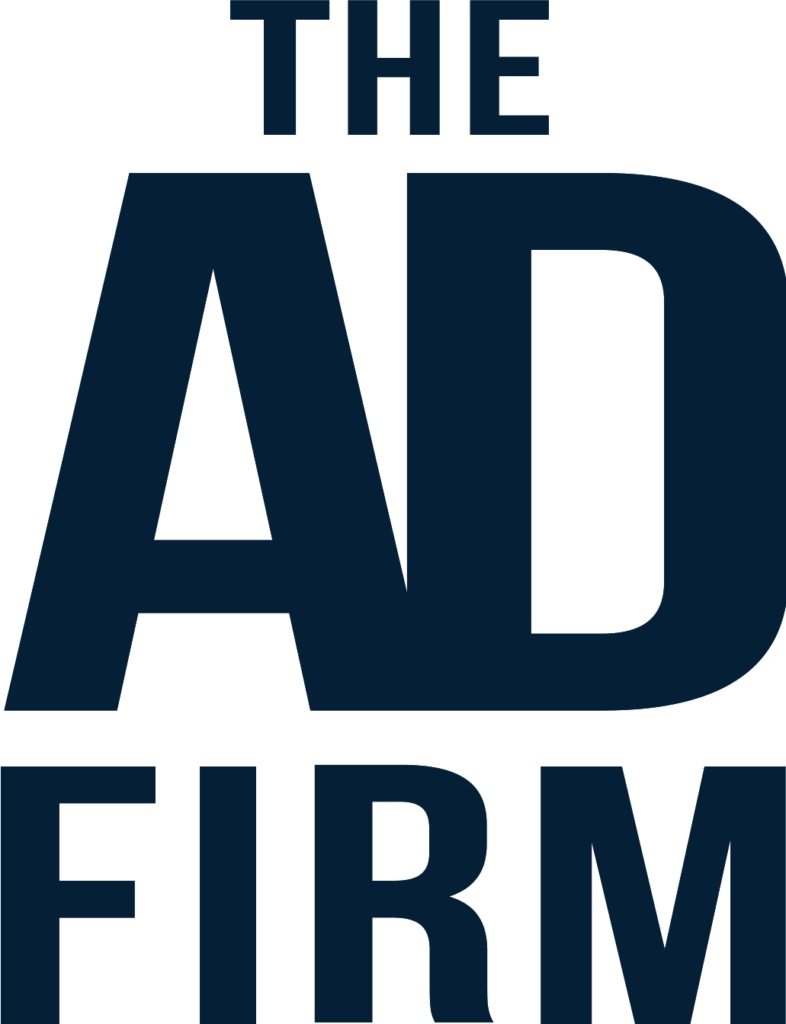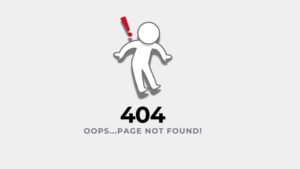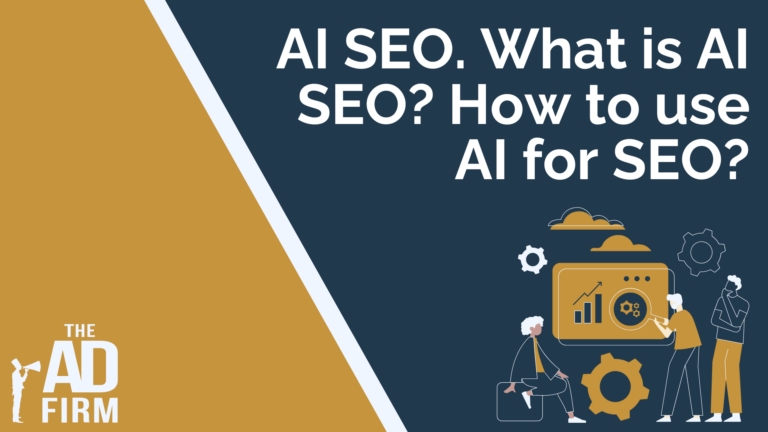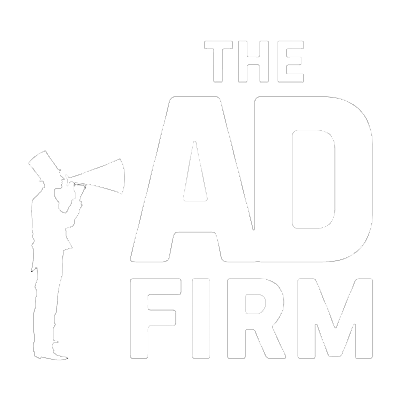The advent of artificial intelligence (AI) has profoundly changed the digital marketing landscape, particularly in pay-per-click (PPC) advertising. For many years, marketers faced significant challenges in keyword targeting, including time-consuming manual research, ineffective ad placements, and an inability to predict user behavior accurately.
AI introduces a level of sophistication that allows for real-time analysis of vast amounts of data. Companies like SEO firms are now harnessing advanced algorithms to optimize their PPC campaigns, improving efficiency and effectiveness. This shift empowers marketers to focus on strategic decisions rather than getting bogged down in the intricacies of keyword selection and targeting.
Understanding AI-Powered Keyword Targeting
AI-powered keyword targeting leverages advanced machine learning algorithms to automate and optimize the process of identifying and selecting keywords for PPC campaigns. Traditional keyword targeting relied heavily on manual research and static lists, often leading to missed opportunities and less effective ad placements. Marketers had to sift through various keyword options, evaluating their potential based on limited historical data—an approach that was time-consuming and prone to error.
In contrast, AI systems analyze vast datasets from sources like search trends, user behavior, and competitor tactics to uncover relevant keywords tailored to target audiences. This capability allows AI-driven tools to detect real-time shifts in search patterns, giving advertisers an edge in identifying emerging trends before competitors do.
Not only does this save time, but it also aligns campaigns with current market demands, improving ad relevance and effectiveness. By identifying specific long-tail keywords that target niche audiences, AI increases the likelihood of reaching interested users and driving conversions.
The market for AI in marketing is also experiencing substantial growth, highlighting its transformative impact on the industry. In 2020, the global market value of AI in marketing was estimated at around $12 billion.
By 2028, this figure is projected to soar to over $107 billion, underscoring the increasing reliance on AI tools for keyword targeting, ad optimization, and data-driven decision-making. This growth reflects businesses’ confidence in AI’s ability to streamline processes, maximize ROI, and adapt to complex user behaviors.
Benefits of AI in PPC Campaigns
AI brings a range of advantages to PPC campaigns, significantly improving their effectiveness and efficiency. By automating many of the labor-intensive tasks involved in campaign management, AI allows marketers to focus on high-level strategy and creative execution.
- Dynamic Bid Management: With AI, bid adjustments can be made in real-time based on performance data and market fluctuations. This capability allows for better allocation of ad budgets, ensuring that funds are spent where they are most effective.For example, if a particular keyword is generating a high return on investment, the AI can automatically increase the bid for that keyword while lowering it for underperforming ones. This flexibility helps maximize the effectiveness of PPC spending.
- Predictive Analytics: AI utilizes predictive modeling to forecast trends and user behavior. This foresight enables marketers to adjust their strategies proactively, enhancing campaign performance and adaptability.By analyzing past user interactions and external factors such as seasonality, AI can predict which keywords are likely to perform well in the future. This capability helps marketers stay ahead of trends, ensuring that campaigns remain relevant and effective.
- Automated A/B Testing: AI can automate the A/B testing process, quickly identifying the best-performing ads based on various metrics such as click-through rates and conversion rates. By continuously testing different ad variations and analyzing user responses, AI can determine the most effective messaging and design elements. This continuous optimization leads to improved ad quality and effectiveness over time, ultimately resulting in a better return on investment.
- Improved Ad Copy Generation: AI tools can generate ad copy based on data analysis and user insights, allowing for more compelling and relevant advertising messages. By analyzing successful ad campaigns, AI can suggest variations of ad copy that resonate well with target audiences. This capability ensures that ad messaging remains fresh and engaging, which is critical in attracting and retaining user attention.
How AI Improves Keyword Research and Selection

AI significantly enhances the keyword research and selection process by utilizing data-driven insights and predictive capabilities. This advancement streamlines what has traditionally been a manual and often cumbersome task, providing marketers with actionable insights
The process of keyword research has evolved dramatically with the introduction of AI, enabling marketers to make more informed decisions and improve the overall effectiveness of their PPC campaigns. Instead of relying solely on intuition or limited data sets, AI empowers marketers to leverage advanced analytics, providing a comprehensive view of potential keywords.
Data Analysis at Scale
AI systems can analyze vast amounts of data from different platforms, identifying high-performing keywords that may have been overlooked through manual research. By aggregating data from search engines, social media, and competitor campaigns, AI can highlight keywords that align with user intent and emerging trends. This capability enables marketers to capitalize on opportunities that may have previously gone unnoticed.
Real-Time Trend Monitoring
With AI, marketers can track real-time trends in user behavior and search patterns, allowing for timely adjustments to keyword strategies based on current data. AI tools can alert marketers to shifts in user interest, enabling them to pivot their strategies quickly. This agility is crucial in today’s fast-paced digital environment, where consumer preferences can change overnight.
Competitor Insights
AI tools can assess competitors’ keyword strategies, providing valuable insights into effective keywords that can be leveraged for better targeting in PPC campaigns. By analyzing competitor ad placements, keyword choices, and performance metrics, marketers can refine their strategies to gain a competitive edge. This intelligence allows businesses to identify gaps in the market and tailor their campaigns accordingly.
Semantic Search Optimization
AI algorithms understand the nuances of language and can identify long-tail keywords that align with user intent, improving the relevance and effectiveness of ad placements. By focusing on the meaning behind search queries rather than just individual keywords, AI can help marketers craft campaigns that resonate more deeply with users. This approach not only improves click-through rates but also enhances the overall user experience.
The Role of Machine Learning in Ad Performance

Machine learning plays a crucial role in enhancing ad performance within PPC campaigns. By learning from historical data and user interactions, machine learning algorithms continuously refine and optimize ad strategies.
As a subset of AI, machine learning focuses on creating systems that can learn from data without being explicitly programmed. This technology is instrumental in improving ad performance, enabling more effective and efficient campaign management.
Performance Prediction
Machine learning can predict how different keywords will perform based on past data, allowing for informed decision-making when selecting keywords and setting bids. By analyzing historical performance, machine learning algorithms can identify patterns and make recommendations on which keywords are likely to yield the best results. This predictive capability helps marketers allocate resources more effectively.
User Behavior Analysis
These algorithms analyze user behavior patterns to determine which ads are more likely to engage users and increase conversion rates. By examining factors such as click-through rates and user interactions, machine learning can identify which ad formats and messages resonate best with specific audience segments.
Personalization of Ad Content
Machine learning enables the personalization of ad content based on user preferences and behavior, creating a more tailored advertising experience that resonates with potential customers. By analyzing user interactions with previous ads, machine learning algorithms can dynamically adjust ad content to match individual user interests, increasing engagement and conversion likelihood.
Continuous Optimization
Machine learning algorithms continuously learn and adapt, ensuring that ad strategies evolve based on changing user behavior and market conditions. This ability to adjust in real-time means that campaigns remain relevant and effective, even as trends and consumer preferences shift.
Challenges and Considerations in AI Implementation
While AI offers numerous benefits, its implementation in PPC campaigns also presents challenges that marketers must address.
Adopting AI in PPC campaigns comes with several hurdles that can impact the effectiveness of its integration. Marketers must navigate these challenges to maximize the potential benefits while ensuring a smooth transition to AI-driven strategies.
- Data Quality Issues: Poor quality or incomplete data can lead to inaccurate insights and suboptimal performance. Ensuring high-quality data is essential for effective AI-driven campaigns. Marketers need to invest time in cleaning and organizing their data to avoid relying on faulty information that could undermine campaign performance.
- High Initial Costs: Implementing AI technologies can require significant upfront investment, which may be a barrier for smaller businesses. Budgeting for this investment is crucial for long-term success. Companies should carefully assess the potential return on investment to ensure that the benefits outweigh the initial costs.
- Complexity of AI Tools: Many AI tools require specialized knowledge to operate effectively. Marketers may need additional training or support to harness these tools fully. Investing in training programs or consulting services can help ensure that teams are equipped to utilize AI capabilities effectively.
- Integration with Existing Systems: Integrating AI solutions with current PPC platforms and tools can be challenging, potentially leading to disruptions in campaigns. Careful planning and execution are required for a smooth transition. Marketers should work closely with IT teams to ensure compatibility and minimize any impact on ongoing campaigns.
- Ethical Considerations: The use of AI raises ethical concerns regarding data privacy and user consent. Marketers must prioritize ethical practices and comply with regulations to maintain customer trust. Transparency in how data is collected and used can help alleviate concerns and foster positive relationships with users.
Future Trends in AI and PPC Campaigns
The future of AI in PPC campaigns promises exciting developments that could further transform the digital marketing landscape. As technology advances, marketers can expect enhanced capabilities and new opportunities to engage audiences.
Looking ahead, AI is poised to play an even more significant role in shaping PPC strategies. Emerging trends indicate a shift towards more personalized, data-driven approaches that prioritize user experience and engagement.
Increased Personalization
Future AI advancements will likely focus on delivering hyper-personalized ads that cater to individual user preferences and behaviors. By leveraging deep learning algorithms, marketers will be able to create more relevant and engaging ad experiences that drive conversions.
Voice Search Optimization
With the rise of voice-activated devices, AI will play a crucial role in optimizing PPC campaigns for voice search. Marketers will need to adapt their strategies to capture this emerging market, leveraging AI to identify relevant keywords and phrases that align with voice queries.
AI-Driven Creative Generation
Advancements in AI will enable the automatic generation of ad creatives based on user preferences and historical data. This capability could revolutionize how ads are designed, ensuring that messaging remains relevant and engaging for target audiences.
How an SEO Company Can Enhance Your PPC Campaigns

In the fast-paced world of digital marketing, integrating SEO and PPC strategies is essential for maximizing online visibility and driving traffic. An experienced SEO company can play a crucial role in enhancing your PPC campaigns, ensuring that you achieve the best possible results.
Understanding Your Audience
A proficient SEO agency starts by analyzing your target audience. They delve into user behavior, preferences, and search patterns, providing insights that inform your PPC strategy. This understanding allows for the creation of highly targeted ads that resonate with potential customers, increasing the likelihood of engagement and conversion.
Optimizing Landing Pages
SEO specialists ensure that your landing pages are optimized for both search engines and user experience. By improving page load times, mobile responsiveness, and content relevance, they help enhance your Quality Score in PPC campaigns. Higher Quality Scores often lead to lower costs per click and better ad placements, driving more traffic to your site.
Keyword Research and Integration
While PPC relies on bidding for keywords, an SEO companies can provide valuable keyword research to identify high-performing terms. By integrating SEO insights into your PPC strategy, you can target keywords that not only generate traffic but also align with organic search efforts. This synergy helps in achieving a cohesive online presence.
Ongoing Performance Analysis
An SEO professional can monitor and analyze the performance of your PPC campaigns. By assessing key metrics such as click-through rates, conversion rates, and overall ROI, they can make data-driven recommendations for optimization. Continuous analysis ensures that your campaigns adapt to changing trends and audience behavior, maximizing effectiveness.
Strategic Content Development
Quality content is vital for both SEO and PPC success. An SEO company can assist in developing compelling ad copy and landing page content that captures attention and drives action. Their expertise in crafting persuasive messages ensures your campaigns not only attract clicks but also convert visitors into customers.
Transform Your PPC Strategy with The Ad Firm
Partner with The Ad Firm to leverage the power of SEO in your digital marketing strategy. Our experienced team will work with you to create data-driven, targeted PPC campaigns that enhance your online presence and drive results. Contact The Ad Firm to get a free proposal and discover how we can help you achieve your marketing goals!









